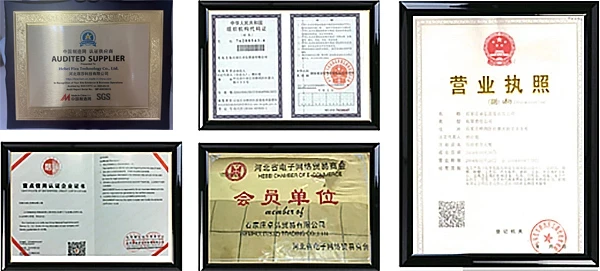



polymers for water treatment systems
Polymers for Water Treatment Systems
Water is one of the most essential resources on our planet, playing a critical role in sustaining life, agriculture, and industrial processes. However, the quality of water is often compromised due to pollutants, chemicals, and other contaminants. As a result, effective water treatment systems are crucial for ensuring safe and clean drinking water, as well as maintaining the quality of water for various applications. Polymers have emerged as a vital component in water treatment systems, offering versatile solutions for various challenges associated with water purification.
Polymers for Water Treatment Systems
Another important application of polymers in water treatment is in membrane technology. Membrane filtration systems, such as ultrafiltration and reverse osmosis, utilize polymeric membranes to separate contaminants from water. These membranes are engineered to allow water molecules to pass through while rejecting larger particles and dissolved substances, including salts and organic compounds. The development of high-performance polymer membranes has revolutionized water treatment, enabling the desalination of seawater and the recycling of wastewater for various uses.
polymers for water treatment systems

Moreover, polymers can also serve as adsorbents, aiding in the removal of specific contaminants from water. Some polymer-based materials can be functionalized to target particular pollutants, such as heavy metals or organic microcontaminants. For instance, ion-exchange polymers can effectively capture heavy metals like lead or mercury from water, thereby reducing their concentration to safe levels. This targeted approach enhances the overall efficacy of water treatment processes while minimizing waste.
In addition to improving the efficiency of conventional treatment methods, polymers contribute to the development of innovative water treatment technologies. For example, biopolymer-based materials derived from natural sources, such as chitosan and alginate, have gained attention for their eco-friendly properties and effectiveness in water purification. These natural polymers are biodegradable and can be used for the removal of various pollutants, offering a sustainable alternative to synthetic polymers.
Despite the numerous advantages of using polymers in water treatment, it is essential to consider potential environmental impacts. The life cycle of polymer materials, including their production, use, and disposal, should be evaluated to ensure sustainable practices. Researchers are continuously working on developing biodegradable and environmentally friendly polymers that minimize ecological footprints while maintaining their effectiveness in water treatment applications.
In conclusion, polymers play a crucial role in modern water treatment systems, enhancing the efficiency and effectiveness of various purification processes. Their versatility as flocculants, membrane materials, and adsorbents makes them invaluable in addressing the growing challenges of water contamination. As research and development continue in this field, the integration of sustainable polymer solutions will be instrumental in ensuring access to clean and safe water for future generations.
-
Why Sodium Persulfate Is Everywhere NowNewsJul.07,2025
-
Why Polyacrylamide Is in High DemandNewsJul.07,2025
-
Understanding Paint Chemicals and Their ApplicationsNewsJul.07,2025
-
Smart Use Of Mining ChemicalsNewsJul.07,2025
-
Practical Uses of Potassium MonopersulfateNewsJul.07,2025
-
Agrochemicals In Real FarmingNewsJul.07,2025
-
Sodium Chlorite Hot UsesNewsJul.01,2025










